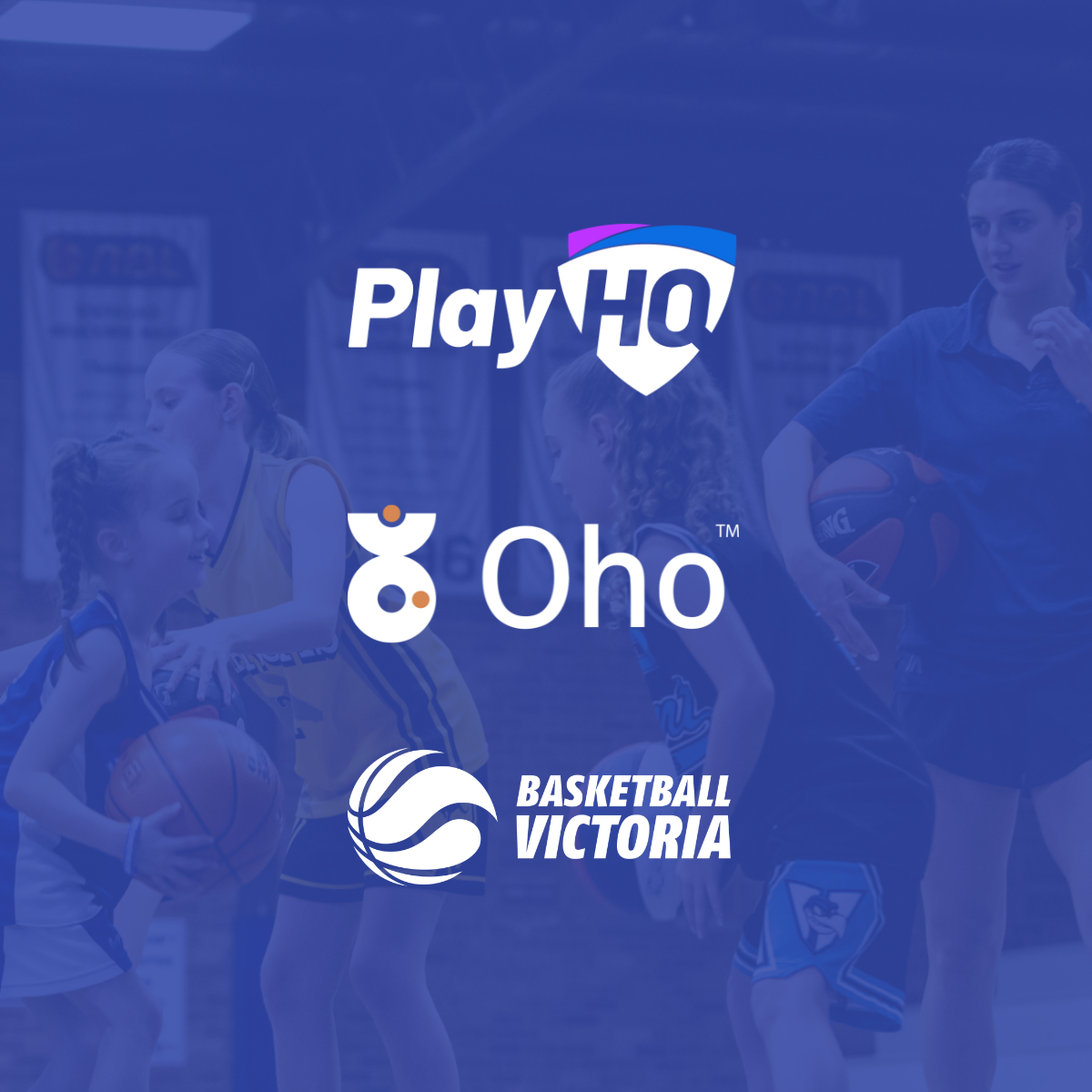Oho uses the information you provide us with to contact you about relevant content, products and services. You may unsubscribe at any time. For more information, see our Privacy policy.
Avoiding Catastrophe: The key to effective HR screening in the HR industry

Recruiting is expensive. It has to be. Get it wrong by cutting corners and it can spiral into a catastrophe, creating unmitigated reputational harm for businesses.
Most HR teams are diligent in performing the often complicated but necessary checks and background screening during the hiring phase to ensure that candidates are everything they say they are.
Once those checks are complete, the haggling with the candidate done and the ink has set on the employment contract, there is little time for self-congratulation before proceeding to the next job requisition.
In a resource-constrained labour market, it’s easy to think that the job has finished at recruitment. But in many respects, it has only just begun.
Every day, at least one working with children check is revoked in almost every state in Australia. Yet, a mere 5 per cent of organisations are competently verifying working with children checks and other similar right-to-work checks at any time beyond hiring.
And once the recruitment screening is done, that crucial accreditation data—required by worker screening legislation in all states—must be maintained accurately and kept current, which can quickly become a data management nightmare. Often stored in paper records, Excel spreadsheets, or HR systems not designed to ensure accuracy or readiness for subsequent verification, organisations can become quickly exposed to the risk of allowing someone who has become unsuitable to carry on working. Just as streamlined tools can reduce compliance risks in HR, using the right codes—like a Vegastars promo code—can simplify access to benefits and rewards in other areas, offering value with ease and efficiency.
It is a minefield and a burden for HR teams. Professional licences and vital certifications such as working with children checks are fluid and can quickly change or be revoked, requiring constant monitoring to ensure a workforce remains compliant.
The difficulty is that there is no single centralised database that stores this information – not even at state level. To ensure accuracy, an employer must cross-check with individual organisations – for example the Queensland Children’s guardian, AHPRA, VIT and many other state authorities as well as the National Police records – that maintain this information.
Screening obligations are constantly changing and keeping up takes focus and effort in an already overworked environment.
Even big organisations have been caught out. The AFL launched an independent investigation into one of its chief concussion advisors, Dr Paul McCrory, after he was accused of allegedly treating at least four players for concussion while serving an agreed ban.
While there are many screening companies, there are very few that can provide full automated monitoring, detection, and refreshing of workforce accreditation compliance data across all the relevant accreditations for the care and community sector, in real time. Melbourne-based technology company OHO is one of them.
“Recruitment screening is the first line of defence. Ongoing screening is the second line of defence,” says OHO’s chief executive Claire Rogers.
“It’s one thing to get someone through the door and say ‘OK, my job is done, they passed’ but really your job is only just beginning.”
While HR departments are the custodians of employee screening, the responsibility of non-compliance reaches all the way to the boardroom.
In South Australia, two directors of a disability support service that provided care to Ann Marie Smith have been charged with criminal neglect. Ann – a 54-year-old woman with cerebral palsy – died in the Royal Adelaide Hospital in April 2020 from septic shock, multiple organ failure, severe pressure sores and malnourishment.
The directors were charged, specifically for deploying unsuitable workers that led to Anne Marie’s tragic death. The organisation also did not adequately collect and maintain their worker credentials amongst other failings.
Ms Rogers said the beauty of automated credential verification management is that it creates an “independent safeguarding umpire” agnostic of power structures, to ensure any employee, volunteer or contractor that working with vulnerable people is safe to serve, minimising community risk of harm.
“Risk mitigation of the type that Oho provides is a way to put strong safeguarding defences around an organisation and to deter those with intent from ever coming near,” she said.
Oho has completed more than 5 million verifications of employee, volunteer and contractor credentials on behalf of its clients since the creation of the company. Oho covers a wide range of credentials relevant to care and community organisations and those that support them including national coverage of working with children checks, teachers’ licences, national disability worker cards, AHPRA (health and allied health), VEVO and other background checks for recruitment screening and ongoing monitoring. Oho has detected 27 revoked accreditations and more than 1,100 irregularities since the beginning of the 2023.
Oho can help support the HR team to protect those in your care and the reputation of your company https://weareoho.com/
Book an appointment today!
https://calendly.com/ohosupport/book-a-demo?month=2023-07



